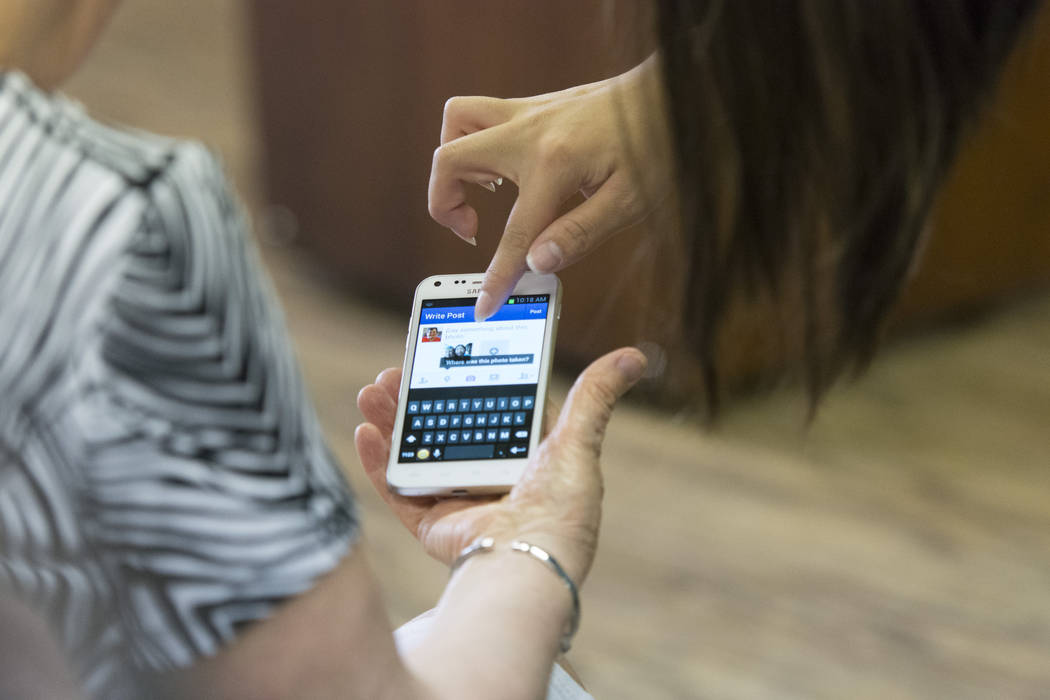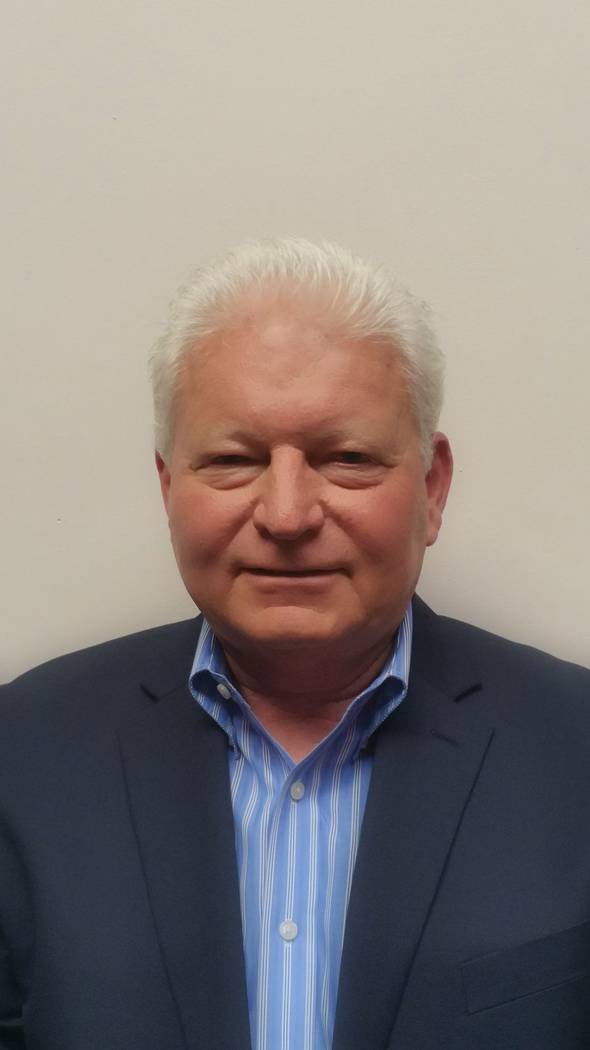Tim Burke: Helping seniors with technology can pay off
The rapid advancements in technology can be overwhelming to senior citizens.
Mom has finally learned to text on her smartphone. She does not text just a few words to her children, she writes short novels to us complete with lots of emojis. Seniors like my mom are faced with a dilemma. They did not grow up during the era of computers and the internet, but everything in our modern society relies on those technologies. As a result, seniors are learning to use many new technologies for the first time.
Many seniors felt they had reached the cutting edge of technology when they learned to use their first flip phone, but technology has moved far beyond the flip phones of the 90s. The current advancements affect almost every facet of a senior’s daily life. Technology is everywhere, on the dashboards of our cars, in our smartphones, watches, appliances, security systems, lighting, home heating and air conditioning systems, and even our front doorbell, to name just a few.
Seniors are often overwhelmed with all of this rapid change and it can be difficult for some seniors to learn to use many of today’s gadgets.
The concepts of using the internet, cloud technology, and voice-activated systems can be difficult to comprehend for someone who is used to being able to see and feel tangible items. There can also be physical challenges as well for seniors. As we age, our hearing ability decreases, our vision changes so reading small type on a screen can be difficult, and fingers don’t seem to move quite as smoothly and precisely as they did a few years ago.
In spite of the challenges that seniors face in learning the new technology it is also helping to give senior citizens an improved quality of life through increased connectivity and a sense of community. Using technology, seniors can have an entire library at the tips of their fingers. E-readers and tablets allow seniors the ability to download content to read inexpensively. Most public libraries now provide free e-book rentals, including magazine downloads on e-readers.
This allows seniors on a fixed income to learn and stay connected to the world at large without spending any money, beyond the initial cost of the e-reader. Amazon often puts their least expensive full-featured Kindle Fire tablet and e-reader on sale for under $40. Most tablets and smartphones have the ability to read aloud many of their functions and they even can read aloud whole books using an app. A tablet can often do everything a computer can do with easy to use icons to open apps and touch screens.
Seniors are able to play games that stimulate their minds. They can connect in chat rooms and on social media using a tablet. In addition, a tablet bridges the generations. Seniors can use the same tablets as their children and grandchildren, which helps these age groups bond with each other. Social media sites like Facebook allow seniors to stay connected to their friends and families.
Seniors are moving from flip phones to smartphones that have more functionality than tablets, albeit with a smaller screen that can be more difficult to read and navigate. According to the Pew Research Center, four out of 10 senior citizens have a smartphone. Eighty percent of seniors over 65 own a cellphone of any kind. These mobile devices give seniors the ability to stay connected with loved ones and caregivers. They can talk or text whenever they are feeling lonely or need assistance. More importantly, in the event of an emergency, they have a way to make a call no matter where they are, as long as they have access to their phone.
At the same time, with updates and changes to technology, it can be difficult for seniors to keep up. Often seniors need help from caregivers, family members, or cell phone technicians to understand new features to their devices. In addition, seniors may struggle with using certain types of cell phones that do not offer accessibility features. These include increased font sizes, magnification, speech output, and hearing aid compatibility. Seniors may have trouble finding phones that provide such features or understanding how to access these on their devices.
If you were to hand a tablet or smartphone to a 3-year-old they will know how to use it because they have been exposed to the technology since birth. Seniors did not grow up with these devices and need time and practice to fully learn how to use them. You can help a senior by spending time teaching them how to use their tablet and cellphone. Be patient, have the senior write down the instructions, and let them practice with you present.
By spending a little extra time helping a senior learn to use new technology you can improve the senior’s quality of life and if you are lucky, your mom will stay in touch by sending you a few short novels every day too.
Tim Burke is a businessman, philanthropist, educator and Nye County resident.












